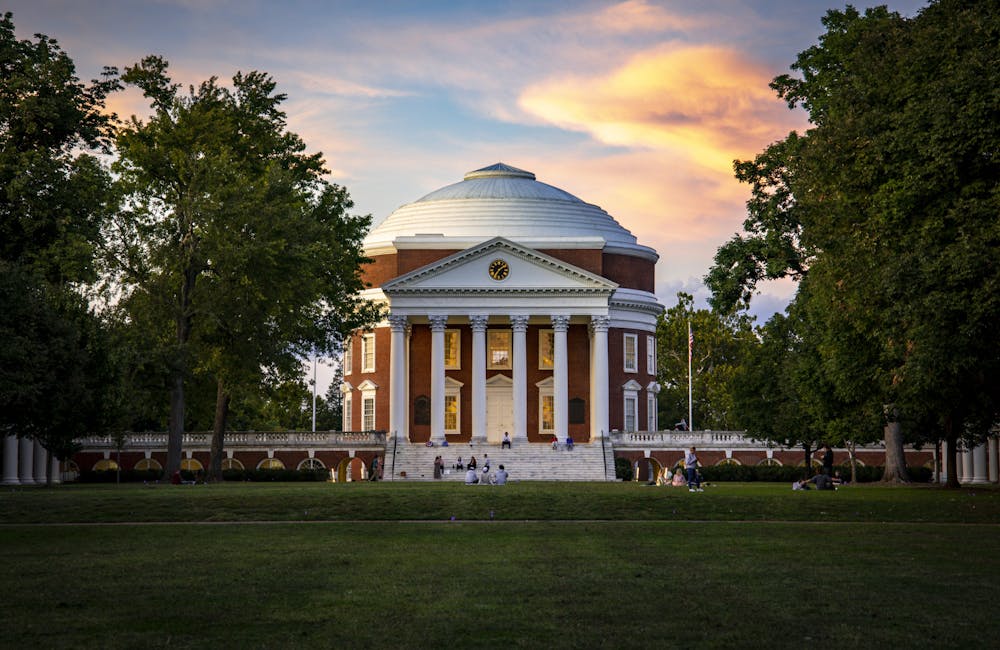One of the main challenges of this time of year is keeping voters informed and getting them to the polls. This is especially the case in Virginia, where 140 seats in the General Assembly are up for election Nov. 7. Early voting in Charlottesville began in late September, but it came with a slow start, as few people showed up to vote early. Despite this, the University’s Center for Politics’ work to boost voter registration on Grounds through a variety of sign-up events highlights the importance of the younger voter demographic — both here and beyond the greater Charlottesville area. The Center for Politics’ work is vital because it fosters engagement with this demographic to help them be educated civic participants — and this is a healthy example of how the University can help our democracy function properly.
Students are among the largest block of voters eligible to vote in every election cycle, and as such, their vote and voice is crucial to shaping the future of our political landscape. Notably, at the University, the Center for Politics plays an important role in shaping Charlottesville's landscape by educating the thousands of students who have recently entered into the American electorate. This past October, the Center for Politics registered 1,000 new voters at an event at Observatory Hill Dining Hall. Their efforts also extend to their website, which provides information about the voting process, polling place information and even a section outlining the importance of voting. Additionally, the Center for Politics engages students through various forms of media, like creating candidate voting guides and Instagram Reels, all in an effort to get students to vote.
With the midterm election coming up, mobilizing student voters is important in every state and especially in Virginia. Local elections often get less traction, less voter registration, less voter turnout and less attention compared to national elections. It is integral that in-state students vote in our local elections because there are a multitude of issues that impact college towns, like Charlottesville, such as access to abortion, climate change and climate regulation and growing concerns of government intervention in higher education following the COVID-19 pandemic. The Center of Politics has been at the forefront of registration efforts in this age group, ensuring the 62 percent of in-state students who can effectively change the makeup of Virginia’s legislature for the next few years are registered to vote.
The Center for Politics’ work — while important for students wanting to vote locally — extends far past Charlottesville. Nationally, college students voted at record-breaking rates during the 2020 election, but since then there have been falling rates of voter registration. The Center of Politics’ efforts to not only hold registration events that are easily accessible to students, but also connect with and inform students on social media makes voting more accessible for all students. Their endeavors translate to civic-minded, more self-aware participants of democracy all throughout Virginia and the country, underscoring the crucial value of citizen-leadership that helps democracy run. We should commend their push to educate and empower students of the University no matter where they vote.
The Center for Politics’ commitment to making voting information accessible and available to all students, in-state or out of state, is commendable. By providing students the online resources they need and supporting university organizations that encourage students to participate in the privilege of voting, the University is fully supporting students to be informed citizens who are engaged in the political process, and this work should continue far past this election cycle.
Apal Upadhyaya is an Opinion Writer who writes about Politics for The Cavalier Daily. She can be reached at opinion@cavalierdaily.com.







